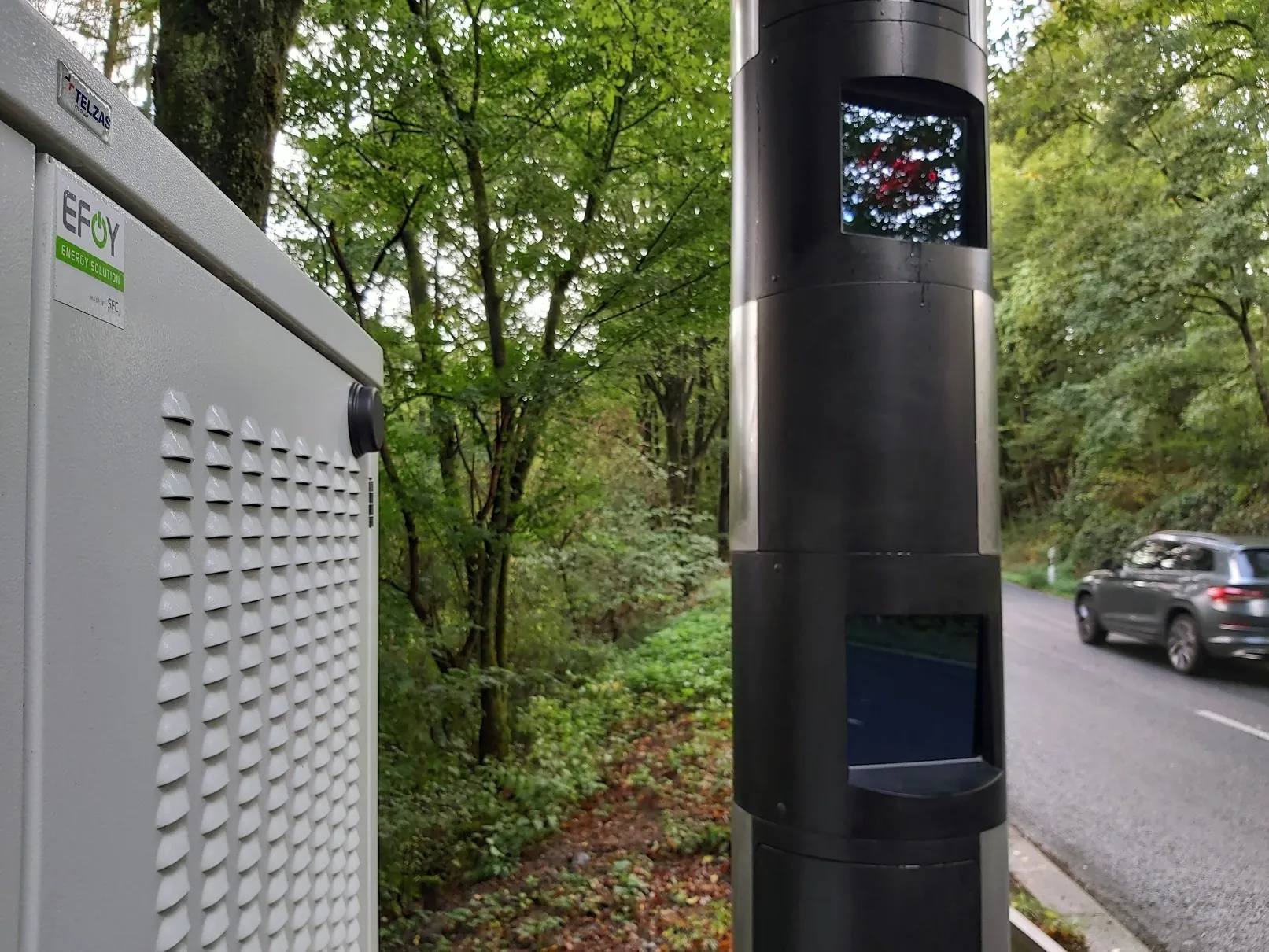Cars from the UK's Metropolitan police are set to be among nearly 200 new hydrogen powered vehicles switching to zero emission miles following an £8.8m ($12.4m) project funded by the Department of Transport (DoT). It is designed with the intention of improving access to hydrogen fuelling stations across the country and increasing the number of hydrogen cars on its roads from this Summer.
The scheme is run by a consortium led by Element Energy whose members also include ITM Power, Shell, Toyota and Hyundai. It aims to capitalise on reliable mileage of established fleets and see vehicles being procured by emergency services taxi and private car service as well as Green Tomato Cars and Europcar to support the increase of refuelling infrastructure for hydrogen vehicles.
Fuel cell electric vehicles (FCEVs) are powered by electricity generated on-board the vehicle from hydrogen fuel passing through a fuel cell stack, allowing the driver to refill the tank at a hydrogen refuelling station.
These cars intend to provide a zero emission alternative for drivers travelling long distances with refuelling times comparable to diesel or petrol fuels vehicles.
Dr Graham Cooley, chief executive officer, ITM Power said: “This project will deliver the largest expansion of the hydrogen refuelling infrastructure ever undertaken in the UK and is a very significant step forward for the UK hydrogen industry. The project will fund ITM Power to build four new hydrogen refuelling stations and upgrade five further stations. Our partnership with Shell, Toyota, Honda, and Hyundai constitutes a highly coordinated roll out of hydrogen vehicles and refuelling infrastructure.”
Oliver Bishop, general manager of hydrogen at Shell, said: “Hydrogen has the potential to become a significant part of the transport mix in a low-carbon future. Central to this success is collaboration between the Government, energy companies, OEMs and technology experts to create the infrastructure to make access to new fuel options viable. At Shell, we are delighted to be part of the latest infrastructure funding effort, and to help drive forward the UK’s hydrogen refuelling network.”
UK Police cars to trial hydrogen cars in zero emission project
Cars from the UK's Metropollitan police are set to be among nearly 200 new hydrogen powered vehicles switching to zero emission miles following an £8.8m ($12.4m) project funded by the Department of Transport (DoT). It is designed with the intention of improving access to hydrogen fuelling stations across the country and increasing the number of hydrogen cars on its roads from this Summer. The scheme is run by a consortium led by Element Energy whose members also include ITM Power, Shell, Toyota and
March 28, 2018
Read time: 2 mins
Related Content











